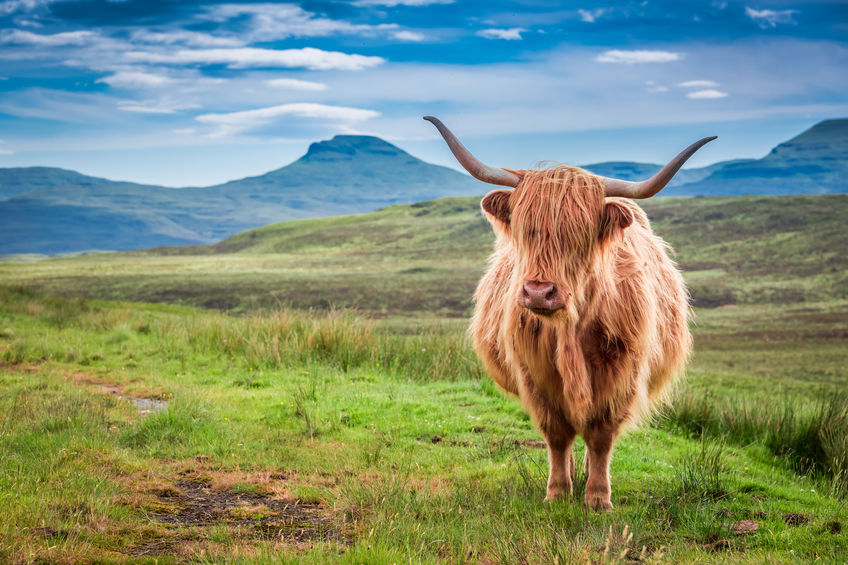
Leaving the EU's Common Agricultural Policy (CAP) presents a 'positive opportunity to revitalise' Scottish farming, a rural business group has said.
The comments were made by Scottish Land & Estates (SLE) within its response to the Scottish Affairs Committee’s consultation, the Future of Scottish Agriculture post-Brexit.
In the parliamentary inquiry, the committee investigated what priorities need there be for any future agricultural support system in Scotland.
SLE said the priorities for any future support must focus on increasing resilience, delivering public goods and ensuring a long term and sustainable approach to land management.
David Johnstone, chairman of Scottish Land & Estates, said Brexit presents a 'unique chance' to revitalise how the industry supports land management.
“We need to be bold and innovative in our approach – doing things as they have always been done will no longer work. Farming needs to be supported where it is unprofitable but provides significant public good. Yet, on the reverse, we need to curtail public subsidies where there are substandard farming practices still being undertaken,” he said.
SLE’s response calls for steps to break down the barriers that exist between farming, forestry, conservation and moorland management, which he said are all interdependent.
In future, farmers and land managers must be prepared to demonstrate the social, economic and environmental benefits that they can provide.
Mr Johnstone added: “To deliver real transformation, we need a long-term plan for what our land should deliver and then adopt an evidence-based approach to achieve that. We need to grasp the nettle now and deliver the support to foster a flexible and dynamic rural economy for the next 25 years and beyond.”
